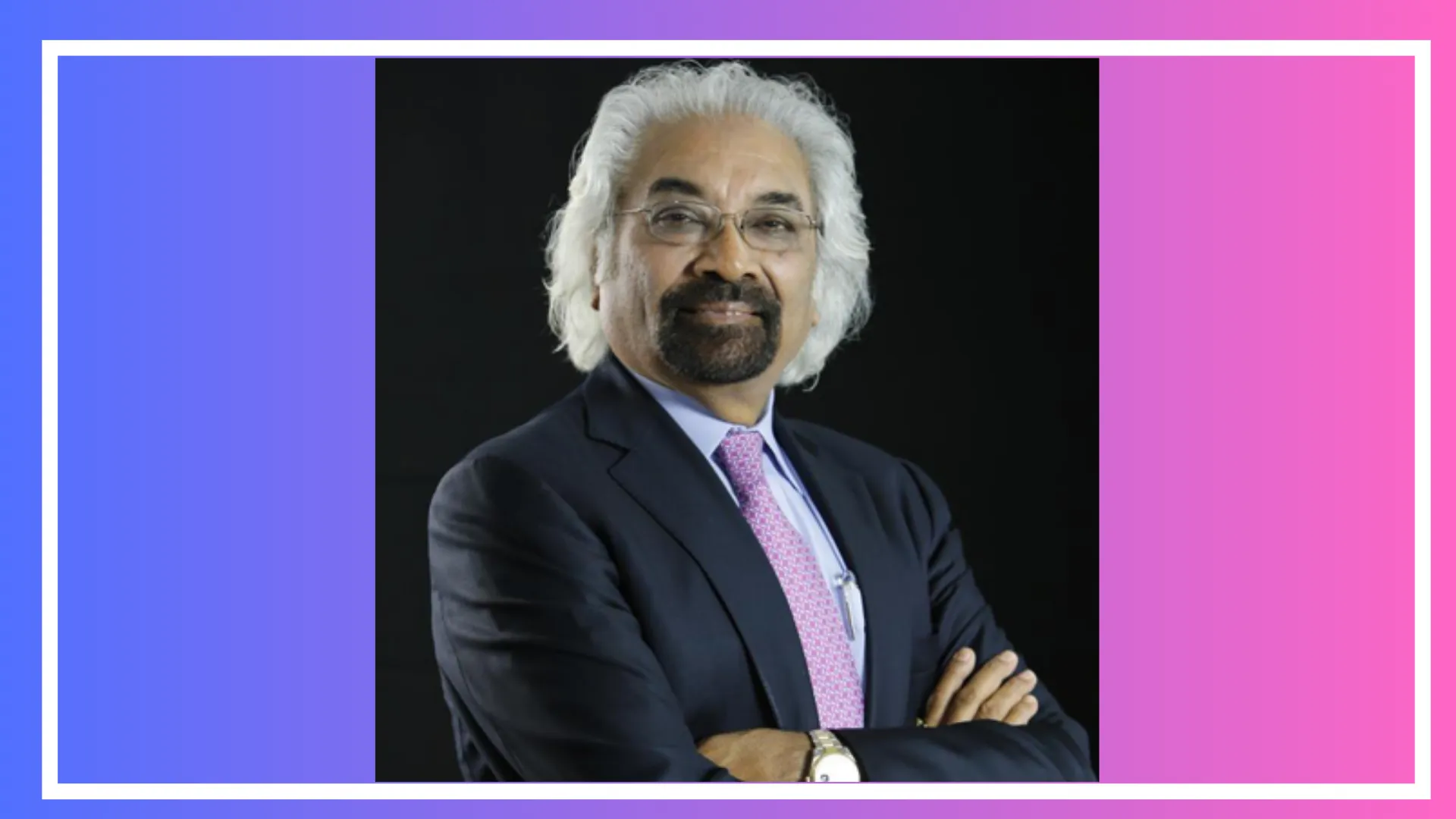Sam Pitroda: Indian inventor, telecommunication engineer and entrepreneur
Sam Pitroda, born as Satyanarayan Gangaram Pitroda on May 4, 1942, is an Indian engineer, inventor, entrepreneur, and policymaker who has played a significant role in the development of telecommunications and information technology in India. He is widely recognized for his contributions to the telecom revolution in the country and his work in bringing about technological advancements and a key figure in the country’s economic liberalization efforts.
Early Life and Education
Born in 1942 in Titlagarh, Odisha, Pitroda grew up in a modest family and faced many challenges during his childhood. However, he was a brilliant student and went on to earn a Bachelor’s degree in Physics from Baroda University and a Master’s degree in Electrical Engineering from the Illinois Institute of Technology in Chicago.
After completing his studies, Pitroda began his career as an engineer at GTE in Chicago, where he worked on developing new technologies for telecommunications. He later started his own company, Wescom, which developed the world’s first electronic diary, a device that could store and retrieve personal information.
Telecom and Technology Contributions:
Telecom Revolution in India:
One of Sam Pitroda’s most notable contributions came in the 1980s when he served as an advisor to the then-Prime Minister of India, Rajiv Gandhi. Pitroda played a pivotal role in the introduction of telecommunication reforms and the establishment of the Centre for Development of Telematics (C-DOT). This laid the foundation for the modernization and expansion of the Indian telecommunications network.
In the 1980s, Pitroda was asked by then-Prime Minister of India, Rajiv Gandhi, to lead a project to revolutionize India’s telecommunications infrastructure. This led to the creation of the Center for Development of Telematics (C-DOT), a government-funded organization that was tasked with developing new technologies to modernize India’s telecom industry.
Under Pitroda’s leadership, C-DOT developed several groundbreaking technologies, including the Public Call Office (PCO), a system that allowed people in rural areas to access telephones for the first time. He also played a key role in the development of the first Indian satellite, Aryabhata, which was launched in 1975.
Technology Initiatives: Pitroda has been involved in various technology initiatives and innovations throughout his career. His work includes the promotion of indigenous technology development, bridging the rural-urban digital divide, and advocating for the use of technology for societal development.
Entrepreneurial Ventures: Sam Pitroda has been associated with several entrepreneurial ventures. He founded Wescom Switching, Inc., an international telecommunications consulting firm, and has been involved in other technology-related businesses.
Public Service
In addition to his entrepreneurial endeavors, Pitroda has served in various governmental capacities. He was appointed as the chairman of the National Knowledge Commission (2005-2008), where he focused on issues related to information technology and knowledge dissemination. In addition to his work in the telecom industry, Pitroda has also been involved in politics and policymaking. He served as an advisor to several Indian Prime Ministers, including Rajiv Gandhi and Manmohan Singh, and was appointed as the Chairman of the National Knowledge Commission by the government of India in 2005.
Awards and Recognition
Sam Pitroda’s contributions to the fields of technology and telecommunications have been widely recognized. He has received numerous awards, including the Padma Bhushan, one of India’s highest civilian honors, for his work in the development of telecommunications and information technology. He has also been inducted into the Internet Hall of Fame for his work in promoting affordable internet access.
Philanthropy and Global Engagement
Pitroda has been involved in philanthropic activities, including efforts to promote education and healthcare. He continues to engage globally, participating in forums and discussions related to technology, innovation, and development. Pitroda’s contributions to the telecom industry were not limited to India. He also worked on several international projects, including the creation of the WorldTel project, which aimed to bring affordable telecom services to developing countries. He was also a key figure in the creation of the United Nations’ International Telecommunications Union.
Conclusion
Sam Pitroda‘s journey is marked by his pioneering efforts in bringing about a technological revolution in India, particularly in the field of telecommunications. His vision and leadership have had a lasting impact on the country’s development and its integration into the global technological landscape. Sam Pitroda remains a prominent figure in the realms of technology, entrepreneurship, and public service. His work has had a profound impact on India’s economic development and has helped to bring affordable telecom services to millions of people in rural areas. His legacy will continue to inspire future generations of entrepreneurs and policymakers to create positive change in the world.
More personalities coming soon

